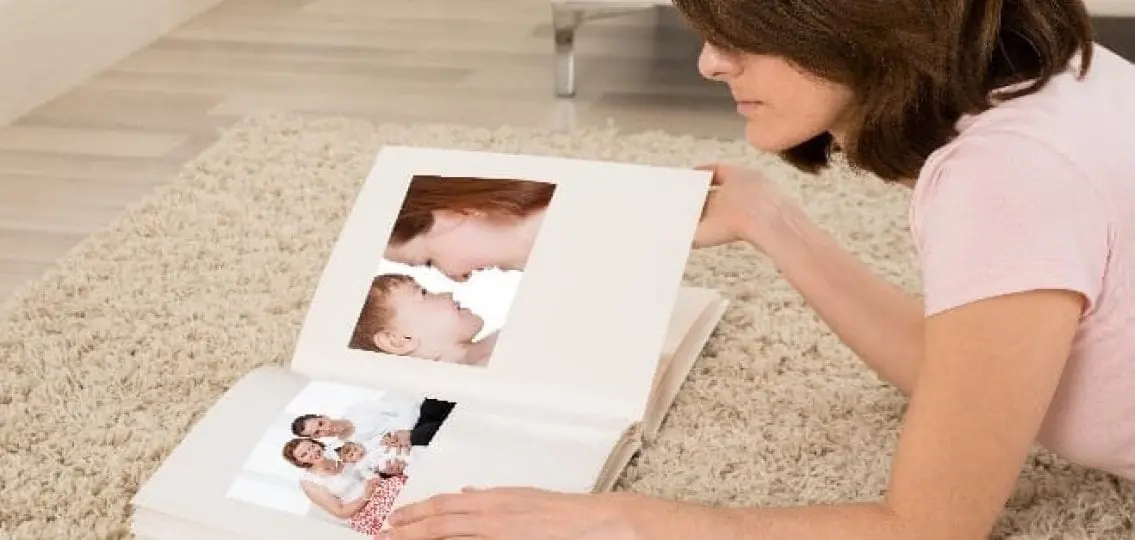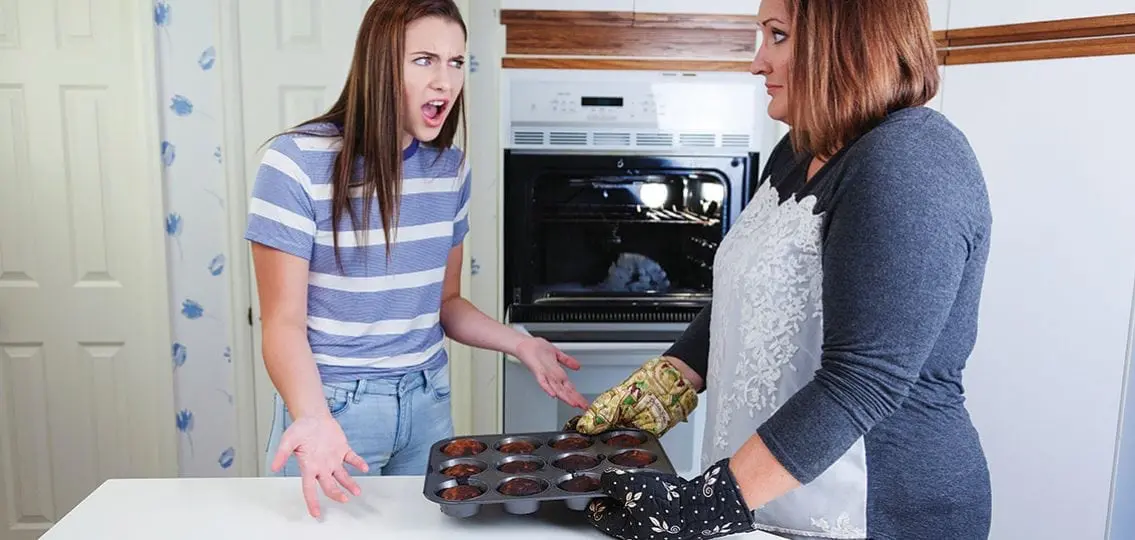When Randy B. of Baton Rouge, Louisiana, was leaving the house for an important work meeting, her 16-year-old daughter said, “You’re going to a meeting? You look like you’re going to yoga!” Then, when she started freelancing from home (where yoga pants were more acceptable), her 14-year-old son said she should have kept the full-time job she detested because the family would have more money. It seemed in the eyes of her kids she couldn’t do anything right.

Unfortunately, such criticism is commonplace among teens—and experts say experimenting with rude behavior is a sort of rite of passage for teenagers. But navigating teenage disrespectful behavior without losing your sanity can be a challenge.
“Part of growing up is both creating a sense of identity that’s immersed with others, and also differentiating ourselves from others,” says Michael Ungar, Ph.D., Canada Research Chair in Child, Family, and Community Resilience at Dalhousie University. This developing sense of self means that as kids enter their tween years, they begin to think more critically.
The adolescent mind is designed to apply this critical thinking to primary role models, and to essentially knock parents off their pedestals. But just because critical, and even disrespectful, behavior is normal, it doesn’t mean it should go unchecked or unpunished.
How to Deal with Rude Teenagers
Is your teenager hurting your feelings with their behavior? Use these six strategies to deal with unwanted critiques—and coax more kindness out of your tween or teen who thinks you can’t do anything right:
1. Don’t take it personally
In nearly every case, unrelenting criticism from your teenager isn’t about you. It’s about your teenager’s need to become independent and push the limits, says Ungar. The developing teenage brain makes it difficult for kids to manage their changing emotions and control their impulses and responses.
2. Ask for their guidance
If your daughter criticizes your clothes or makeup, consider asking her to go shopping with you or to show you a new way to apply your makeup. And if your son complains that you make soggy vegetables, ask him to cook for the family or to show you a new way to prepare veggies. Offering teens a voice may ease their urge to express their growing independence in rude ways.
| [adrotate banner=”181″] |
3. Let the small stuff slide
Critiques and impolite behaviors may push your buttons, but they don’t necessarily require a response. “Often, the best thing you can do is ignore the small stuff,” says Katherine Lewis, certified parent educator and author of The Good News About Bad Behavior. Stay calm and keep any communication short and sharp. Something like, “Let’s discuss this when we’re both feeling calmer.” Then, exit the room.
4. Establish boundaries
While it makes sense not to engage with a kid’s rudeness, it’s also important to teach teens how to express themselves appropriately. Decide, in advance, which behaviors require action and which are better left unrecognized. For example, you can choose to ignore minor critiques but refuse to let cursing or name-calling slide. Just make sure your child knows which behaviors are unacceptable—and then come up with reasonable consequences that fit the crime. “So instead of taking away your kid’s gaming system, decide not to prepare his dinner or buy his favorite ice cream,” says Ungar. You can say something along the lines of, “I am not going to be of service to someone who treats me unkindly.”
5. Model respect
Parents have plenty of opportunities to model respectful behavior—especially when they disagree with someone or feel they’ve been treated poorly. If you scoff at the way your teen dresses or what they do with their free time, your kid is likely to respond in kind. Similarly, if you yell, scream, and try to demand respect, you’re opening yourself up for a power struggle. So, when your teen says something hurtful or disrespectful, instead of saying, “You’re rude!” try something like, “It hurts my feelings when you ________.” Or, just say “Ouch,” and leave the room.
6. Notice good behavior
Instead of constantly calling out your kids for disrespectful behavior, compliment them when they show respect. It’s important to appreciate kids for good behavior. And when they’re having a bad day, view it as an opportunity for both of you to get more practice.
Most important, recognize that, as with all things, most disrespectful behavior among teens is a phase. “Adolescence is your last chance to forge this relationship with your children that they will remember into early adulthood,” says Lewis. “If you want them to see you as an ally, don’t let them push you away, and don’t be a pushover. Kids see limits as love as long as they’re reasonable.”
What if They’re Right?
“Ugh, Mom, that’s so wasteful! You should use the reusable bags and not all that plastic.”
“Dad, you’re always messing with your phone when you’re driving. You’re such a hypocrite!”
Teens often have a strong sense of justice and idealism—and you may find those qualities directed at you. If you bristle when your teen makes a fair criticism, try acknowledging the truth buried in the critique—while at the same time setting limits and coaching your teenager on their delivery.

Try this, for example: “You’re right, I shouldn’t be on my phone. I appreciate you reminding me, but you may not call me names. I just feel angry and attacked when you do that. Next time you disagree with me, can you please be respectful and kind about it?”




